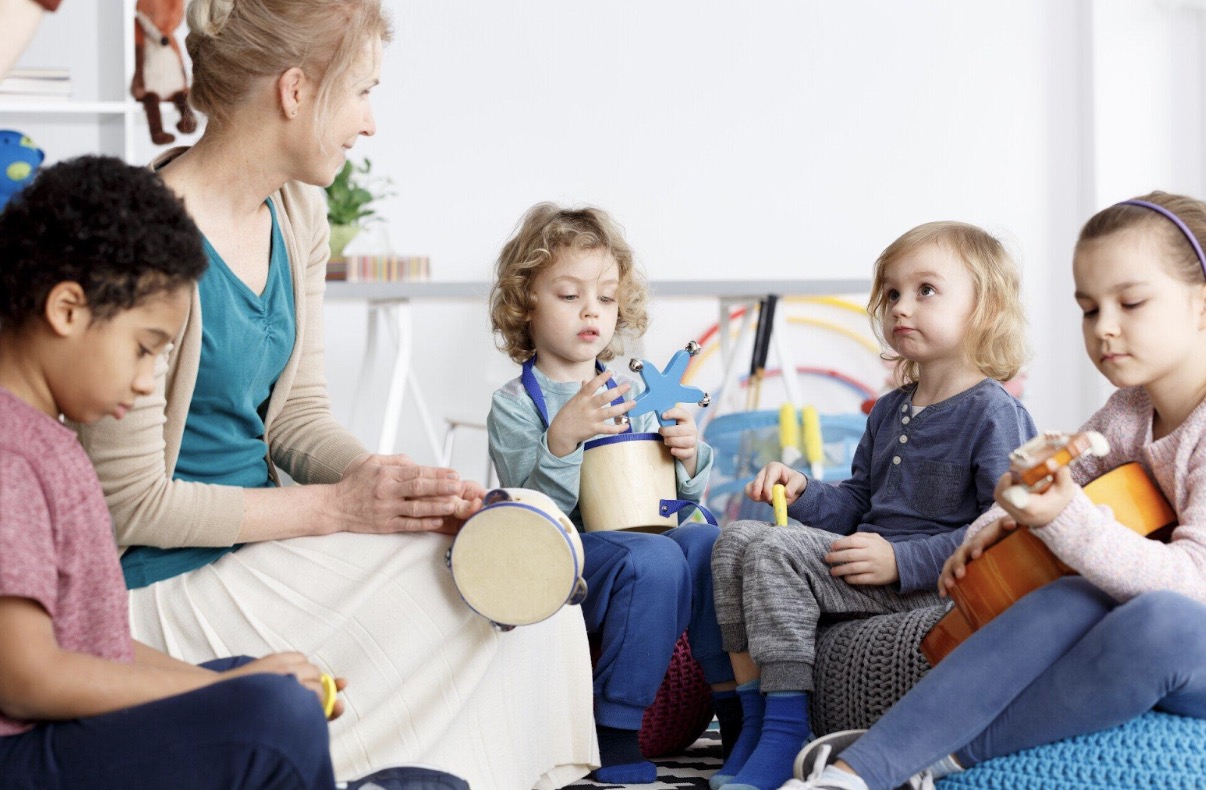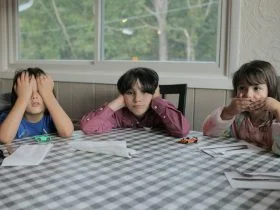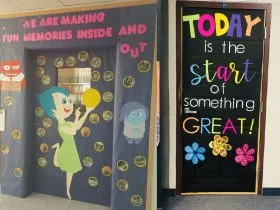No other phase of life is more important to a person than their childhood. The social development a child experiences in their formative years will prove to be the foundation upon which all their future interactions will hinge. It’s crucial to guide a child through their first social interactions and tutor them about what is and isn’t acceptable.
This isn’t an easy feat, as too much guidance while overseeing a child’s development is also stifling. The trick is walking a fine line between discipline and allowing them free reign to make mistakes. If you’re concerned about your child’s social development, keep reading for some tips to help keep yourself and your kid on the right track.
Reader's Roadmap
The Importance of Social Development
Interpersonal relationships are the glue that holds society together. We each operate under a vast number of rules, most of which are unwritten and usually even go unsaid. These rules are not innate within us and have developed throughout our evolution into modern human beings.
Due to these rules not being innate, they must be learned, and failure to do so means fostering an inability to interact easily with other people. This is a detriment to a life that must be avoided at all costs. Being able to interact with others, despite the complicated nature of doing so, is the barest minimum expected by those around us.
We also expect a certain level of interpersonal ability from the people we interact with. In a sense, we’ve learned through experience and trial and error how to behave in accordance with being accepted. Failure to be accepted means being effectively locked out or denied entrance to the melting pot of humanity, which means an end to social development before it even begins.
The first rules children need to learn are so important because if they fail, their development halts far too early. A maladjusted child becomes a maladjusted adult, and a life of ostracization brings only pain and misery. We are social creatures who quickly wilt without the light of positive social interaction; nothing else is more fundamental to our existence.
Developing Social Skills
The first step to helping a child develop their all-important social ability is to do your best to remember what emotions felt like as a child. It has no doubt been a fair few years since you were completely at the mercy of your emotions. Taking the time to consider how difficult understanding emotions is for a child will help a lot in helping them deal with them effectively.
Unlike the rules we have to learn while navigating our emotions, the emotions themselves are innate and understood to be similarly experienced by all of us. This puts us all on common ground, which is something very important to explain to a child. Feelings like greed, envy, rage, and sorrow are all part of our common experience.
These emotions trigger certain desires to action which, despite being commonplace and shared by us all, aren’t socially acceptable. Despite feeling a desire to take something, like a toy from another child because we want it for ourselves, the ramifications of doing so must be understood.
Firstly, the emotion is valid, but there are only a certain number of ways to respond to it which will allow the child to be accepted into polite company. Snatching the toy away will cause the other child grief, and to become wary of the thief, triggering strong emotions of their own. A child who doesn’t understand the basic concept of sharing will eventually find themselves a social pariah.
Guidance and Socializing Tools
These scenarios are all but guaranteed to happen to children as they develop normally. A child’s life is an endless tumult of information and emotion until they’re able to learn to properly navigate interaction. The only way to navigate interactions appropriately is to learn to adhere to a series of agreements that work to the benefit of everyone involved.
Children who do not learn these basic agreements will become shunned by other children and adults alike. This is the death of social development and self-confidence. If the idea was to destroy a child and any potential they might have to live a well-adjusted life, there’s no surer way than to teach them the rules don’t apply to them.
Children learn through interaction and are incredibly observant. Teaching a child what is and isn’t acceptable, and working with them through their emotions is of paramount importance. Helping them to understand that other children feel the same as they do will stand them in good stead for understanding why they must be kind and mindful of others, just as they hope to be treated similarly.
This way negative emotions and hurtful actions are avoided, and the agreements concerning what is and isn’t acceptable will begin to solidify.
The “Theory of Mind” concept is one of the things that seems to separate human beings from other animals. Our ability to explain, predict, and interpret the behavior of others is largely based on an understanding of our basic similarities. In other words, we’re able to put ourselves in each other’s shoes.
Preschool Daycare
Learning to empathize and see ourselves in others is a talent that some adults lack. They are at a huge disadvantage. More often than not, their lack of ability stems from childhood trauma or neglect that has prevented them from understanding the importance of our basic social agreements.
Sending your child to be around other children of the same age is just about the best choice for your child’s development you could make. Without an opportunity to learn from interactions, they simply won’t learn what they need to. A good example would be preschool day care Brooklyn, the kind of place children can learn from each other in a safe space.
Making an Effort
If you’re worried about your child’s social development, you’re already ahead of the curve. The very act of worrying ought to be enough to assure yourself that your child is in good hands. It’s the children, without anyone worrying about them that are going to have a tough time.
If you enjoyed this article, why not check out the rest of the blog for more childcare tips and parenting tips? We have a lot more articles where this came from!







Leave a Reply
View Comments